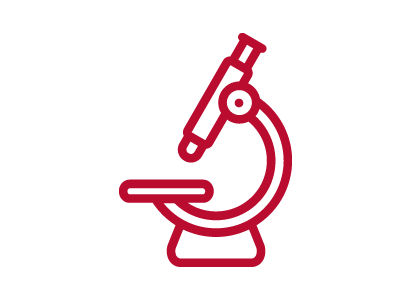

Our people are extraordinary.
Arts & Sciences has over 1,000 faculty and staff who utilize their diverse expertise in the pursuit of research breakthroughs, gaining a deeper understanding of the world's most pressing issues and serving as mentors of the next generation.
select honors from our faculty



search for faculty:


William Acree

Rachel Adams

Cassie Adcock

Ama Bemma Adwetewa-Badu

Nazmul Ahsan

Jami Ake

W. Mark Akin

Deniz Aksoy

Mark G. Alford

Tazeen Ali

Kari Allen

Megan Allen

Elizabeth Allen

Sachiko Amari

Felix Ampadu

Jeffrey Anderson

Kenneth (Andy) Andrews

Gaetano Antinolfi

Nicola Aravecchia

Jennifer Arch

Raymond E. Arvidson

G'Ra Asim

Costas Azariadis
Recent Faculty Grants & Awards
Jeffrey M. Zacks, associate chair and professor of psychological and brain sciences in Arts & Sciences and professor of radiology at the School of Medicine, received a four-year $250,000 grant from the James S. McDonnell Foundation to study event cognition “in the wild.” This project will take the research into the world, where people actually experience events. Key to the research is “Unforgettable,” an infrastructure developed over the past decade by collaborator Simon Dennis, of the University of Melbourne, which helps people enrich and better understand their own memories while collecting data for a scientific exploration of event comprehension and memory.
See what our faculty are working on now
More from The Ampersand
What is the secret to healthy aging?
Want to age well? Researchers in psychological and brain sciences are exploring what helps people live better and longer.

WashU tapped for key role in future Artemis Moon missions
The university’s designation as the lead data repository for the Artemis missions builds on a long and productive partnership with NASA.

